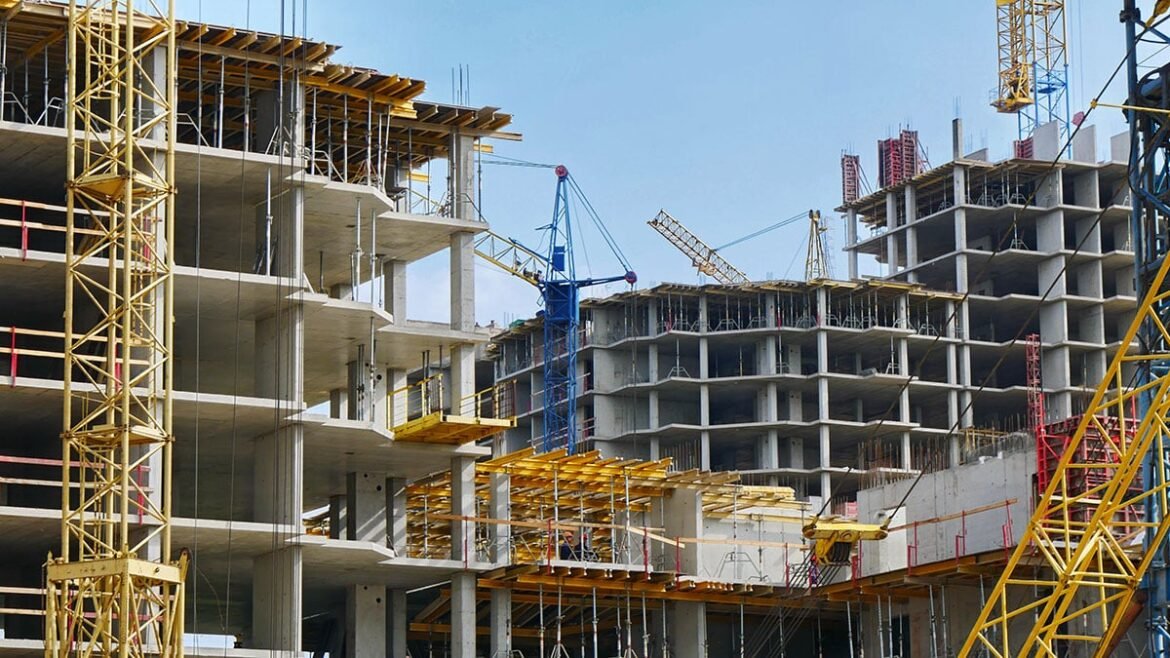The construction industry is grappling with a barrage of punishing taxes, which are placing a significant strain on businesses and hindering economic growth. These taxes are taking a toll on the industry’s productivity, profitability, and ability to compete in the global market.
The Impact of Taxes on Construction Companies
High taxes are a major burden for construction companies, which face a multitude of tax liabilities, including:
- Property taxes: Construction companies are assessed property taxes on the land they own, as well as on the value of their buildings and equipment. These taxes can be substantial, especially in urban areas with high real estate values.
- Sales taxes: Construction companies are subject to sales tax on the sale of their products and services. The rate of sales tax varies from state to state, but it can be as high as 10% or more.
- Employer payroll taxes: Construction companies are responsible for paying a variety of payroll taxes, including Social Security, Medicare, and unemployment insurance. These taxes can be a significant expense, especially for large companies with a large number of employees.
- Income taxes: Construction companies are subject to corporate income tax on their profits. The corporate income tax rate in the United States is currently 21%, but it has varied from 15% to 35% in recent years.
These taxes can have a significant impact on construction companies’ bottom lines. For example, a study by the National Association of Home Builders found that property taxes and sales taxes can add up to 20% of the cost of building a new home.
The Impact of Taxes on the Economy
The high taxes imposed on the construction industry are not only hurting businesses, but they are also hindering economic growth. By making it more expensive to build and develop property, these taxes are discouraging investment and slowing down economic activity.
In addition, the high taxes on construction companies are making it more difficult for them to compete in the global market. This is because construction companies in other countries may not face the same level of taxation, giving them a competitive advantage.
Recommendations for Reform
To address the challenges facing the construction industry, policymakers should consider the following reforms:
- Reduce property taxes: Property taxes can be reduced by increasing the homestead exemption, which is a tax break for homeowners. This would help to make it more affordable for people to own homes, which would in turn boost the construction industry.
- Lower sales taxes: Sales taxes can be lowered by broadening the sales tax base and reducing the tax rate. This would make it more affordable for consumers to purchase goods and services, which would stimulate economic growth.
- Reform employer payroll taxes: Employer payroll taxes can be reformed by reducing the rate of Social Security and Medicare taxes. This would help to make it more affordable for businesses to hire and retain employees.
- Simplify the tax code: The tax code can be simplified by reducing the number of tax deductions and credits. This would make it easier for businesses to comply with the tax law and reduce the cost of compliance.
In addition to these tax reforms, policymakers should also consider investing in infrastructure, such as roads, bridges, and public transportation. This would help to create jobs and boost economic growth in the construction industry.
Conclusion
The construction industry is facing a number of challenges, including high taxes, rising costs, and a shortage of skilled labor. These challenges are making it difficult for businesses to operate profitably and compete in the global market.
Policymakers can help to address these challenges by implementing reforms that reduce taxes, make it more affordable for businesses to operate, and invest in infrastructure. By taking these steps, policymakers can help to ensure that the construction industry remains a vital part of the economy and continues to create jobs and drive economic growth.

